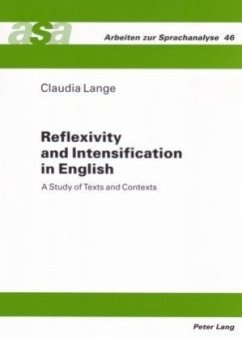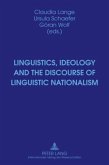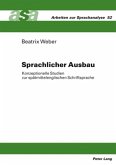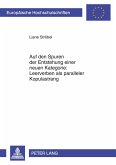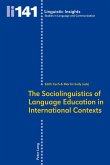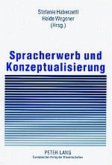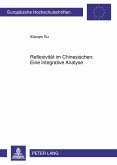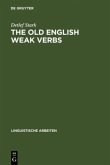Present-Day English is unique among the Germanic languages in employing the same forms ( himself , herself etc.) both as reflexive pronoun and intensifier. While a lot of attention has been directed at the grammaticalization of the compound reflexive, the emergence of the compound intensifier has remained largely mysterious. This study is a detailed investigation of the domains of reflexivity and intensification throughout the history of English. It provides a comprehensive analysis of the possible source contexts for SELF-forms in Old and Middle English. Backed up with a wide range of data from early Middle English, the compound intensifier is traced to discourse-pragmatic motivations: expressive strategies linked to specific discourse traditions become rapidly grammaticalized once the former Old English standard gave way to large-scale variation in Middle English.
Bitte wählen Sie Ihr Anliegen aus.
Rechnungen
Retourenschein anfordern
Bestellstatus
Storno

